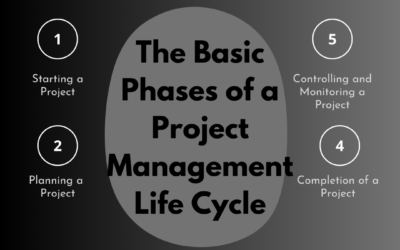
The process of creating, supervising, and guiding the work involved in a project is known as project scope management. A detailed outline can help you and your team achieve your objectives while staying on schedule and within the allocated budget. The aim of the project, specific team member duties, client or stakeholder deliverables, and a description of each project phase are all included in your project scope.
The project scope not only directs the team’s work but also offers recommendations in the event that the project manager demands revisions. More specific project scopes can make any necessary adjustments easier to make because a large project is more likely to change over time. If you manage several projects at once, a project scope plan is equally crucial. You can keep numerous projects structured and managed by having a clear plan. Project scope management also does the following:
Develops a Vision
Giving stakeholders and team members a clear picture of the desired outcome and the steps necessary to achieve it from the outset of the project allows for better communication.
Preventing Scope Creep
Without a clear scope, projects may suffer from scope creep or run beyond their allotted budget and time limits. This can result in misconceptions or the need to redo the task.
Defines the Range of the Scope
Each person may be more focused and precise when the scope is clear. Users can keep track of their objectives and tasks for quick access, and a personal accounting of their performance is provided.




